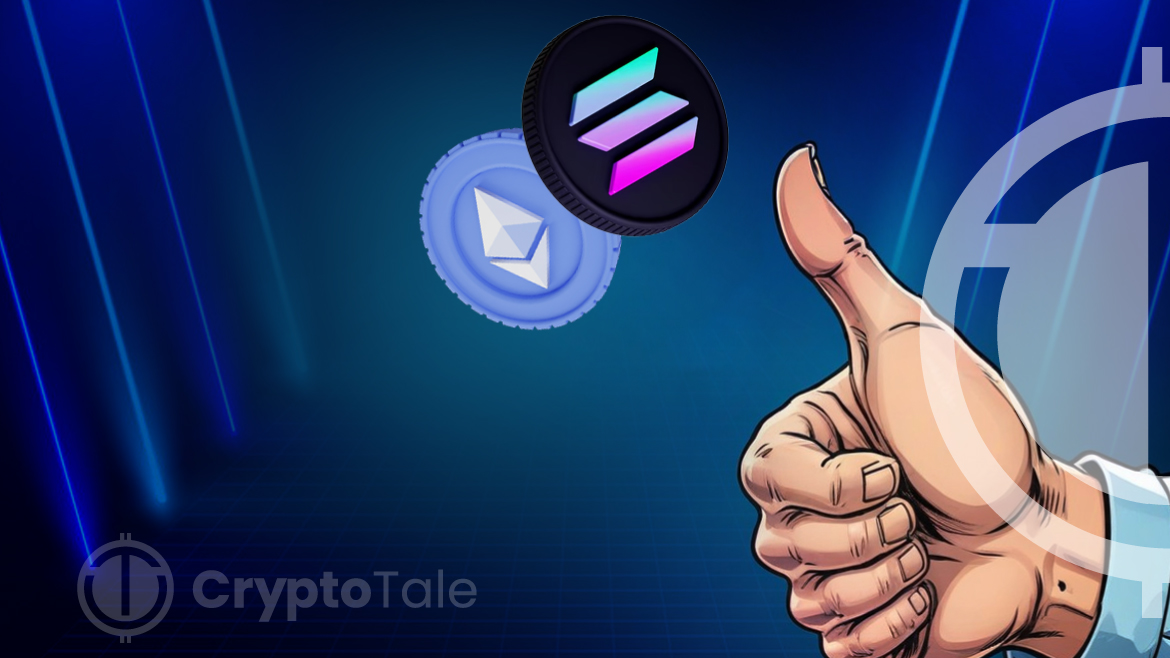- Solana’s transaction fees are significantly lower than Ethereum’s, which has narrowed the gap in total economic value, increasing competition.
- Despite Ethereum’s higher fees and modest growth, it maintains a dominant market position with a market cap of $359.88 billion.
- Solana’s rapid growth and rising market cap signal competitive potential, offering lower fees and a value structure that challenges Ethereum.
A significant discussion has emerged regarding the potential for Solana to surpass Ethereum in terms of total economic value, a metric comprising transaction fees and captured Maximum Extractable Value (MEV) returned to validators. Analyst Dan Smith highlighted that the difference in fees between the two networks was approximately $300,000 as of the latest data, with Ethereum recording $3,165,772 and Solana close behind at $2,803,313. This narrowing gap suggests a growing competitiveness in the blockchain space, particularly in economic terms.
But despite that small decline in transaction fees, Ethereum managed to hold its market strong. The recent data shows Ethereum being priced at $2,994.12 with a 24-hour trading volume of about $11.11 billion. Its value modestly increased by 2.57% this week, in congruence with the market growth rate, which implies steadiness rather than vigorous growth. With a market capitalization of around $359.88 billion, Ethereum is well and truly ahead in the race among the cryptocurrency market.
Conversely, Solana has demonstrated a more dynamic growth pattern. The price of Solana currently sits at $144.78, following an 11.61% increase over the past week. This growth rate substantially exceeds that of its peers, including other cryptocurrencies under the FTX Holdings umbrella, which collectively rose by 11.40% in the same period. Solana’s market cap now stands at roughly $64.81 billion, bolstered by a high trading volume amounting to $2.66 billion in the past 24 hours.
Competitive pricing that Solana’s transactions incur has been at the center of discussions by analysts and the community at large. The network transaction fee is below Ethereum, raising more debates on the valuation and cost efficiency of using either blockchain. Crypto analyst Ansem pointed out the disparity in transaction costs in light of the considerable difference in market capitalization between the two, with Ethereum valued at five times that of Solana despite the higher cost of transactions.
The comparative affordability of Solana could potentially drive its adoption and utility among users looking for cost-effective alternatives to Ethereum. As the gap in economic value between the two continues to close, the market may see shifts in user preferences and investment strategies based on evolving perceptions of value and efficiency in blockchain technology.












